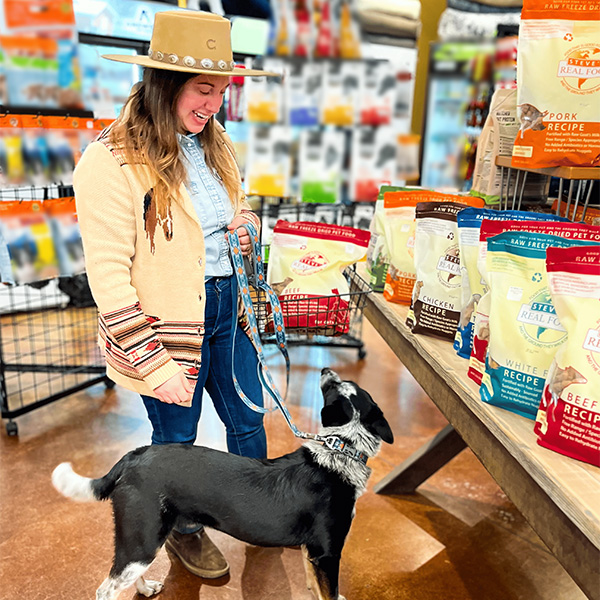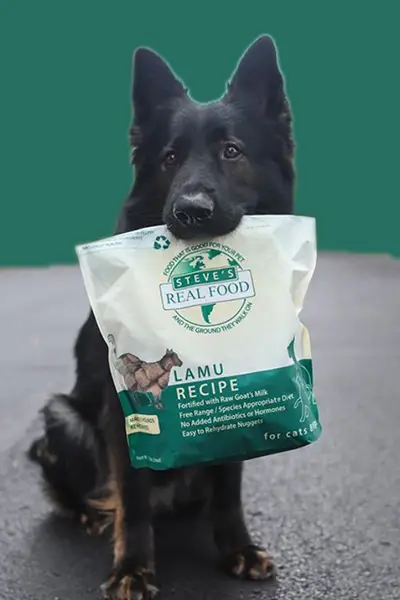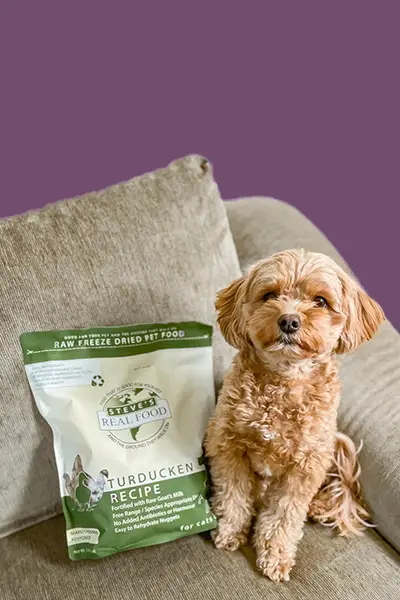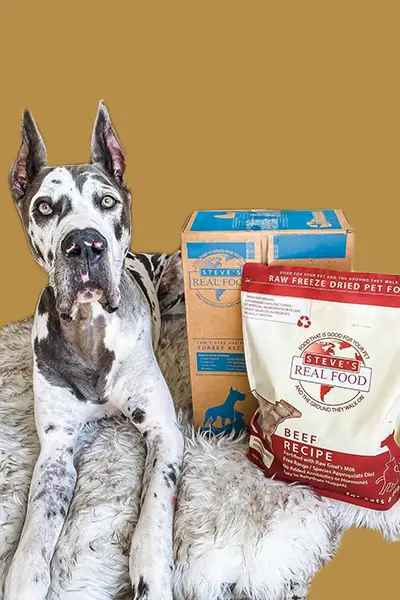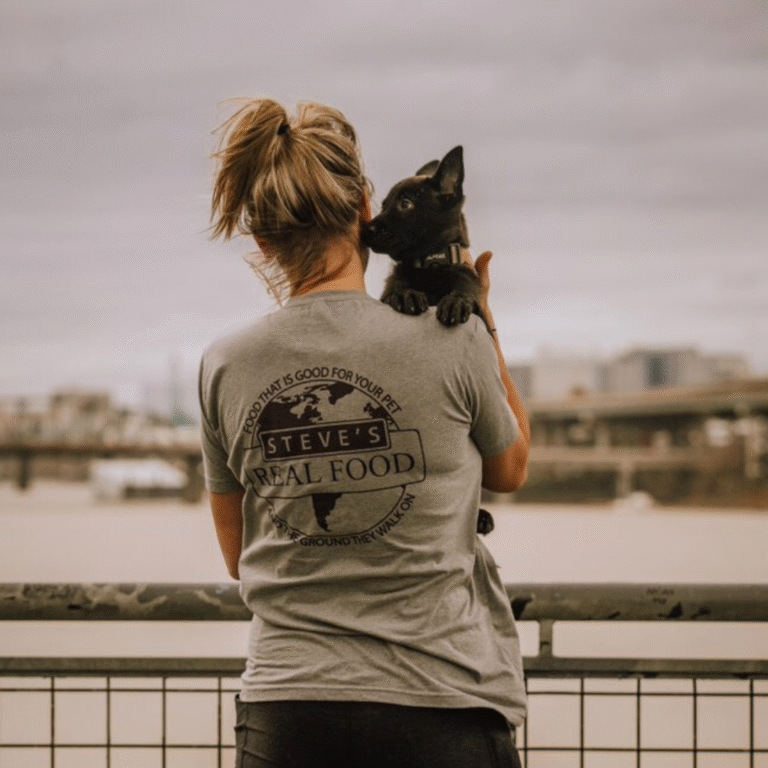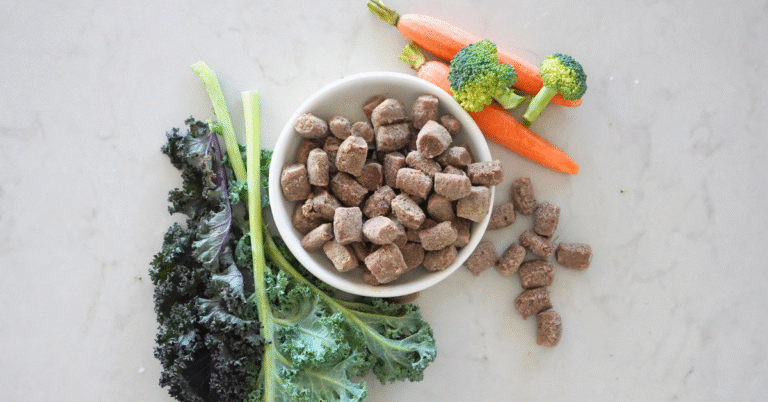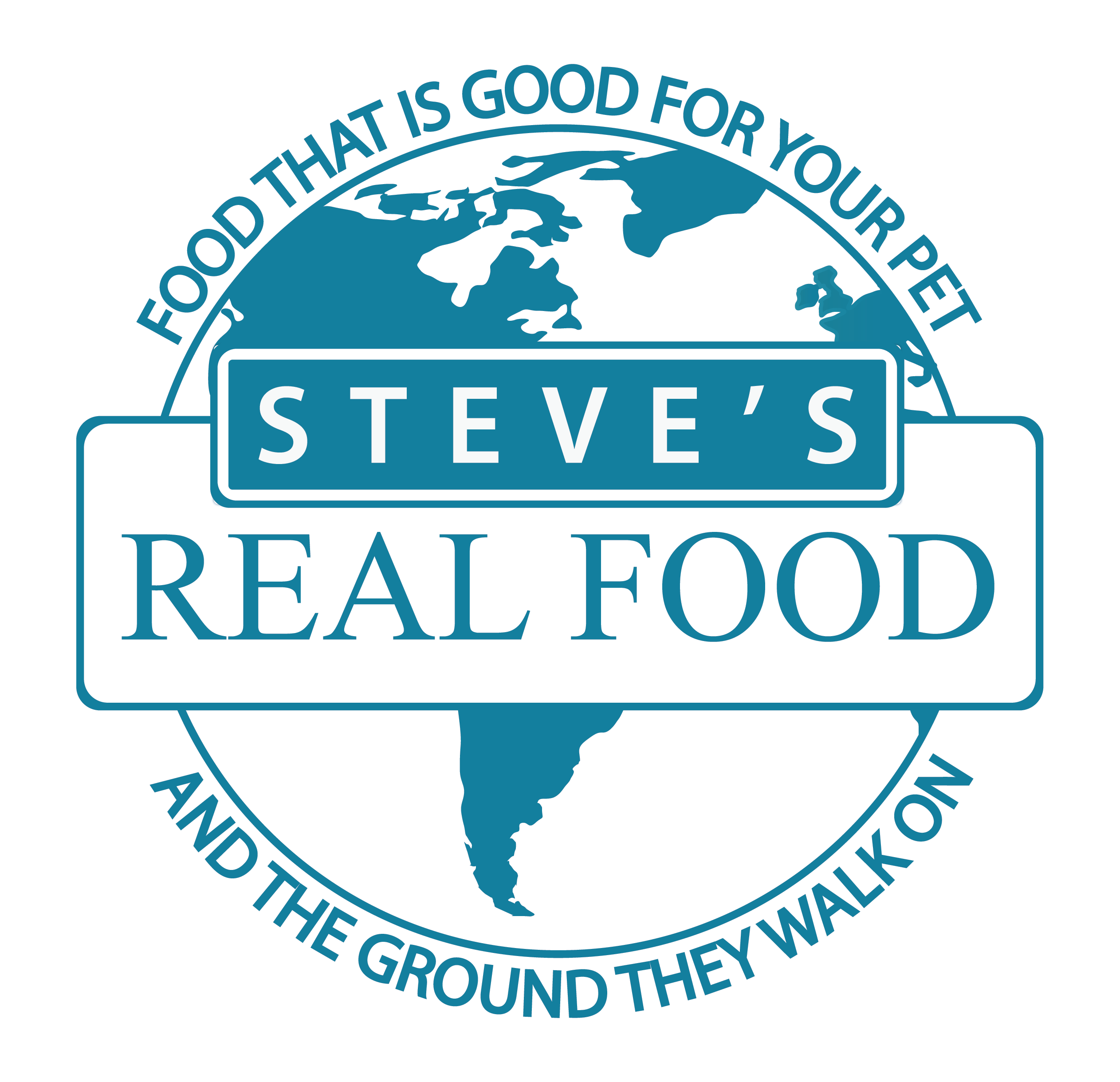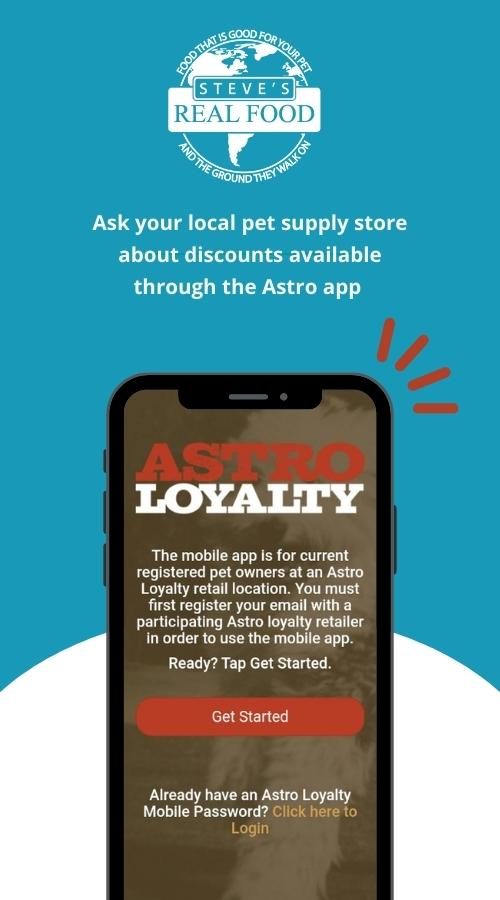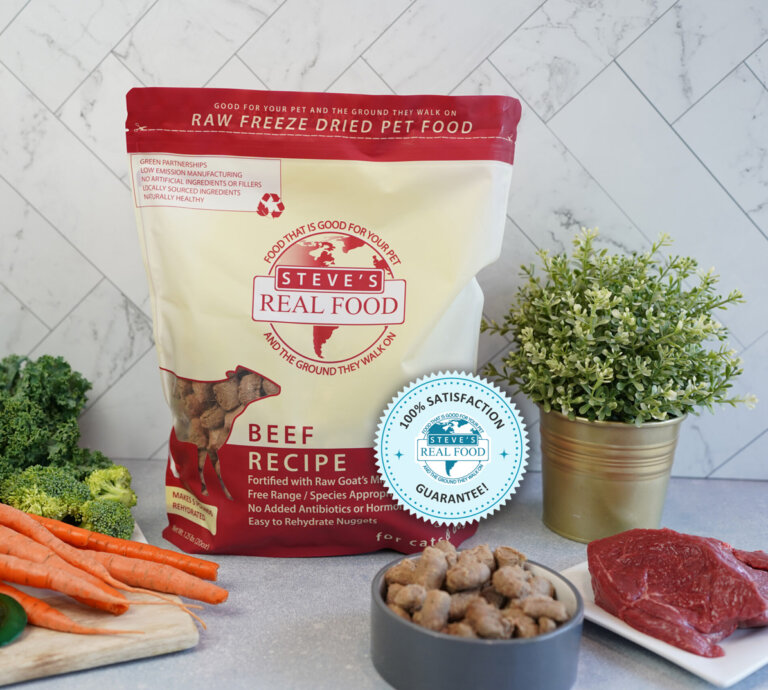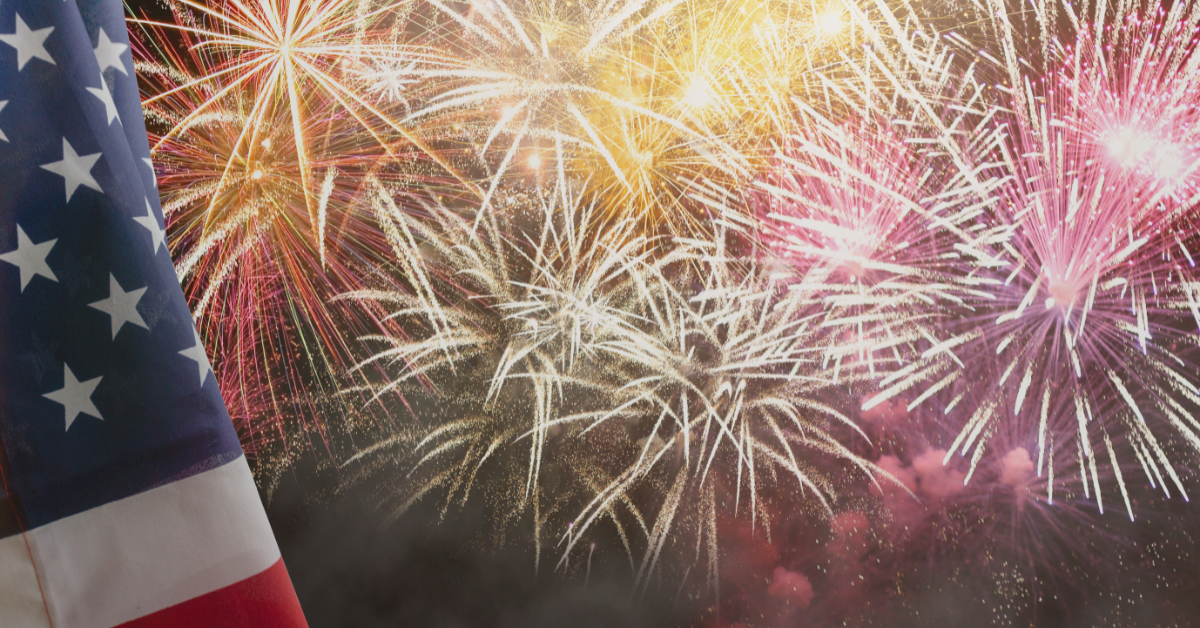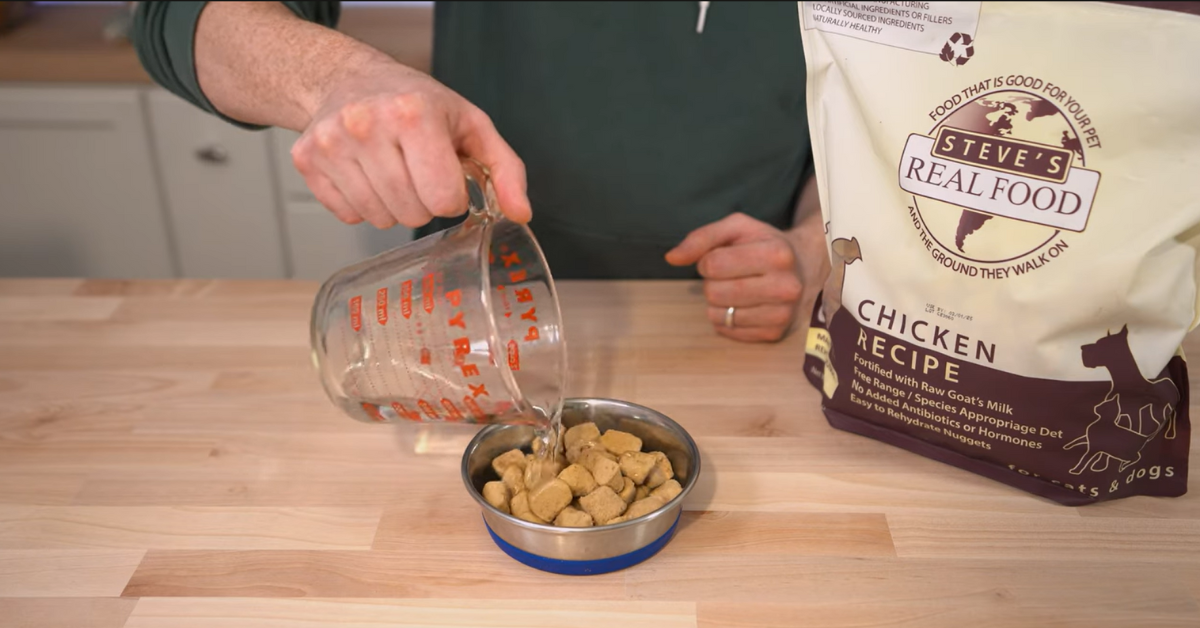Fireworks might be a fun way to celebrate our independence, but for many dogs, the 4th of July is one of the scariest nights of the year. If your pup trembles, hides, or tries to bolt the second those booms begin, you’re not alone. Thankfully, there are ways to make the night safer and more peaceful for your pet. These 4th of July pet safety tips will help you support your dog through the noise and chaos, allowing you both to enjoy the holiday a little more.
Why the 4th of July Triggers Dog Anxiety
Unlike people, dogs don’t understand why the sky is suddenly exploding with sound and light. Fireworks are loud, unpredictable, and impossible to escape—especially for dogs with sensitive hearing and anxious tendencies. According to the American Kennel Club, more dogs go missing on the 4th of July than on any other day of the year. That’s why it’s so important to prepare in advance with these 4th of July dog tips to keep your furry family member calm and safe.
Create a Safe Space Indoors
Step one in 4th of July pet safety tips? Keep them inside. Even if your dog typically lounges in the backyard, fireworks can trigger a fight-or-flight response, causing them to jump fences or dig under gates in a panic. Instead, set up a secure, cozy space in your home.
If your dog uses a crate and finds it comforting, that’s a great option. Otherwise, choose a quiet interior room—such as a bathroom, closet, or basement—and fill it with familiar items like their bed, toys, and a few favorite treats. Close the blinds or curtains to block out sudden flashes of light and create a den-like feeling that gives them a sense of security.
Muffle the Sounds
To soften the sound of fireworks, try layering in other noises your dog is used to. Turn on a white noise machine, a fan, or even the TV. Classical music or soft nature sounds can be particularly soothing. This won’t cancel the booms entirely, but it helps mask the intensity and creates a more stable background atmosphere.
Keep Them Busy with Toys and Treats
Sometimes, distraction is the best tool. Before the fireworks begin, offer your dog a treat-dispensing toy, frozen peanut butter Kong, or their favorite puzzle game. These interactive options help keep their minds occupied and associate the evening with something positive. Our Protein Bites are a great option to put in enrichment toys!
Consider Calming Aids or Anxiety Wraps
Some dogs benefit from gentle, natural tools like Thundershirts or anxiety wraps, which apply light pressure to the body to create a calming effect—like a reassuring hug. Aromatherapy can also be beneficial, but be sure to use only pet-safe options, such as diluted lavender.
There are also calming treats or CBD products formulated for dogs. If you choose this route, look for products with clear dosing instructions. If you are unsure, consult with your veterinarian beforehand to ensure it’s suitable for your pet.
Tire Them Out Early in the Day
One of the best 4th of July dog tips we can offer? Wear them out. Take your dog for a long walk, a hike, or a play session in the early afternoon. A well-exercised dog is more likely to rest during fireworks rather than pace or panic.
Stay Calm and Offer Reassurance
Yes, you can comfort your dog during fireworks. It’s a myth that offering reassurance “reinforces fear.” What really matters is how you respond. Stay calm. Speak in a soothing voice. Long, slow petting along their back or sides can help regulate their nervous system. What you want to avoid is frantic behavior—like repeating “It’s okay!” in a panicked tone—which may make your dog think something really is wrong.
If your dog feels safest with you, consider spending the evening in their safe space or staying close by. Your presence can be the most calming thing in the world.
Don’t Take Your Dog to Fireworks Shows
We can’t stress this enough: leave your dog at home. Even confident dogs can become overwhelmed or disoriented at public fireworks shows. The crowds, smells, and sudden explosions are too much.
And if you usually leave your dog in the backyard during events, please reconsider. Dogs have been known to escape fenced yards in a panic. It’s much safer to keep them inside where you can control the environment.
Make Sure They’re Wearing ID Tags and Are Microchipped
Despite our best efforts, accidents happen. That’s why proper identification is one of the most important 4th of July pet safety tips. Before the big day:
- Double-check that your dog’s collar fits and includes a readable, up-to-date ID tag.
- Ensure your pet’s microchip information is registered and accurate.
These two things can make the difference between a lost dog staying lost… or coming back home.
Talk to Your Vet for Severe Anxiety
If your dog shows signs of extreme anxiety—like nonstop panting, trying to escape indoors, or refusing food—it may be time to talk to your vet. Prescription anti-anxiety meds or sedatives might be necessary for particularly fearful pets.
Don’t wait until the last minute—vets get a rush of these requests every year. Plan ahead to ensure your dog receives the help they need.
Conclusion
Fireworks and dogs don’t always mix, but with a little planning, you can make this 4th of July more comfortable for your canine companion. From creating a safe space to using calming tools and giving them the right kind of fuel, every step you take can help reduce your dog’s anxiety and protect their well-being.
 Beef
Beef Chicken
Chicken Whitefish
Whitefish Pork
Pork Lamb
Lamb Turkey
Turkey Turducken
Turducken All Protein
All Protein Beef
Beef Chicken
Chicken White Fish
White Fish Pork
Pork Turkey
Turkey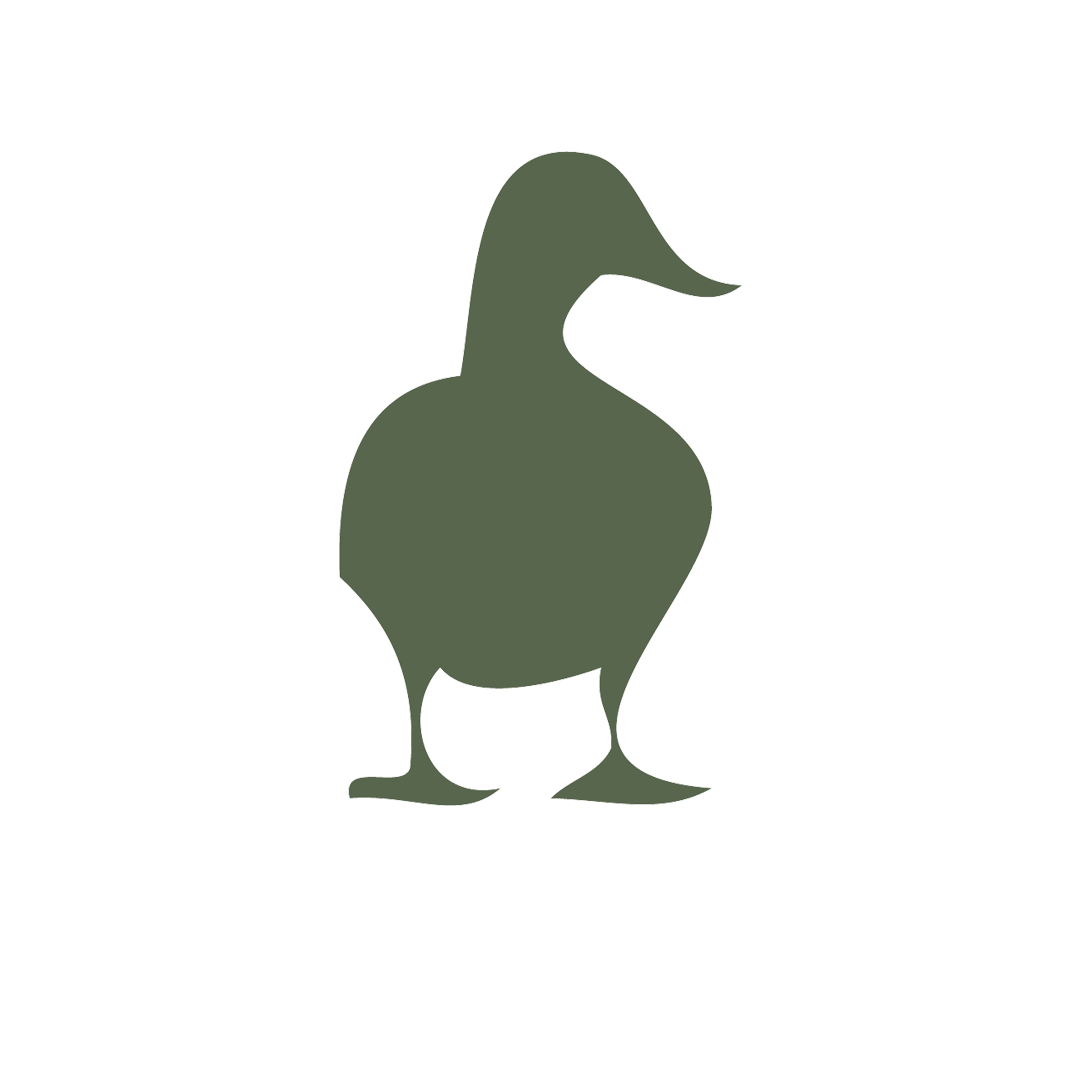 Duck
Duck All Products
All Products Frozen Raw Pet Food
Frozen Raw Pet Food
 Freeze Dried Raw Pet Food
Freeze Dried Raw Pet Food
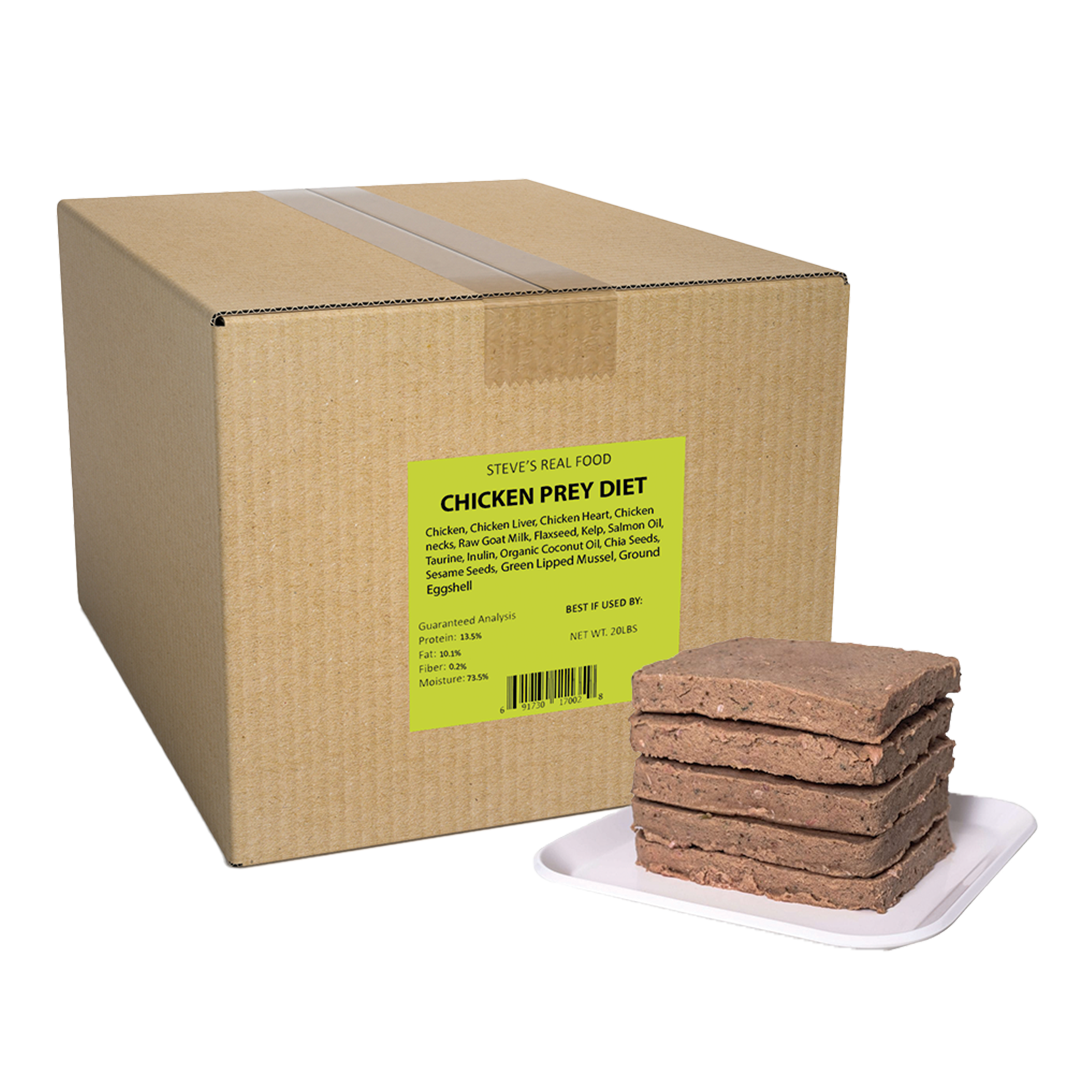 Frozen Prey Diet
Frozen Prey Diet
 Freeze Dried Protein Bites
Freeze Dried Protein Bites
 Frozen Quest
Frozen Quest
 Freeze Dried Quest
Freeze Dried Quest
 Eggs over Easy
Eggs over Easy Steve's Merch
Steve's Merch 